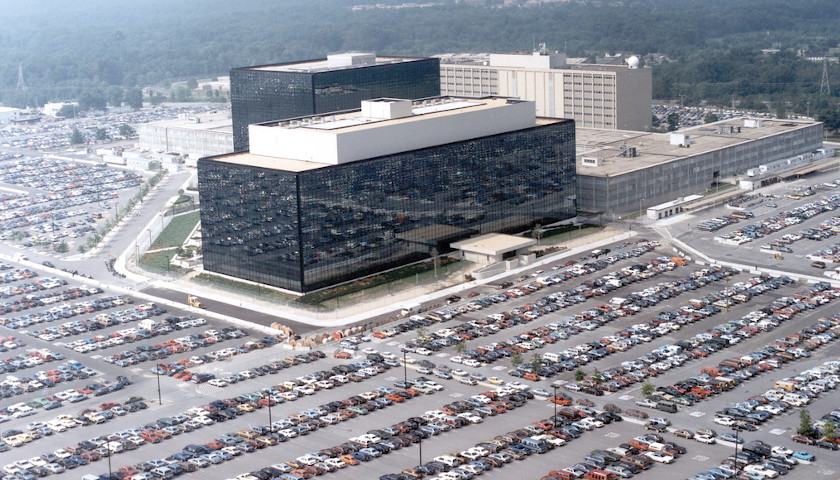After hosting its Summit on Modern Conflict and Emerging Threats with the National Security Agency (NSA) in May, Vanderbilt University has announced a five-year “education partnership agreement” with the government agency.
“This partnership will bring together the sharpest and most innovative minds across military intelligence and higher education to address these urgent and complex issues,” Vanderbilt University Chancellor Daniel Diermeier said. “Drawing on our strong track record with military-academic collaborations, Vanderbilt provides the intellectual forum to explore these challenges from new and cross-disciplinary perspectives.”
The school did not say exactly which issues it would be studying in partnership with the secretive government spy agency, but it did note its own record of innovation.
“Vanderbilt has long been recognized for our highly interdisciplinary and collaborative approach to find innovative solutions,” Vice Provost for Research Padma Raghavan said. “By engaging directly with the defense and intelligence communities, we can further expand our world-class capabilities to solve the most pressing issues facing our nation.”
Raghavan, a computer engineer by trade, signed the deal with the NSA on behalf of Vanderbilt.
The May summit, which featured keynote addresses from U.S. Senators Marsha Blackburn (R-TN) and Bill Hagerty (R-TN), did focus on computer programming, specifically writing computer code and hacking.
“No one in the world makes code, or breaks code, like the National Security Agency. We are the best of it, and we will remain the best,” General Paul Nakasone, Director of the NSA, said at the summit.
“At the Summit on Modern Conflict and Emerging Threats, Chancellor Diermeier appointed Raghavan as leader of a new university-wide task force, the Initiative for the Study and Resolution of Modern Conflict, on understanding and responding to global challenges posed by modern conflict,” the school said. “The group will advise university leadership on how to accelerate interdisciplinary research in multiple areas, including data science, AI, cybersecurity and the social sciences.”
The NSA has been subject to recent controversy after some of its former leaders signed on to a letter saying the now-infamous Hunter Biden laptop, the contents of which surfaced just before the 2020 election, was “Russian disinformation.”
That assertion was false.
It has also been nagged for years after employee-turned-whistleblower Edward Snowden said the agency was spying illegally on Americans, revealing the seedy underbelly of a massive surveillance state.
_ _ _
Pete D’Abrosca is a reporter at The Tennessee Star and The Star News Network. Email tips to [email protected].
Photo “NSA Building” by Fort George G. Meade Public Affairs Office. CC BY 2.0.





